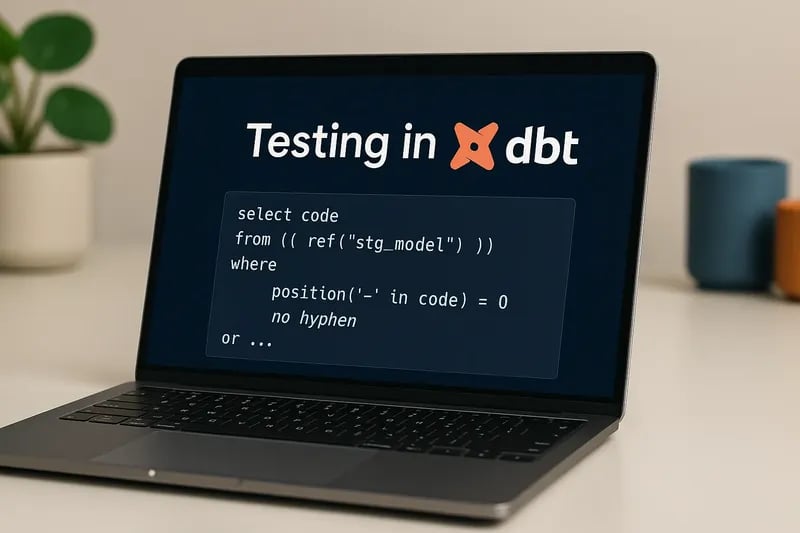
Sunscrapers Team
3 February 2023, 7 min read

Elixir is a truly mature language that is gaining more and more interest among many different devs. What’s the actual state of its development and environment, what skills are crucial to making programming in Elixir smooth and pleasant, and what will the future bring?


